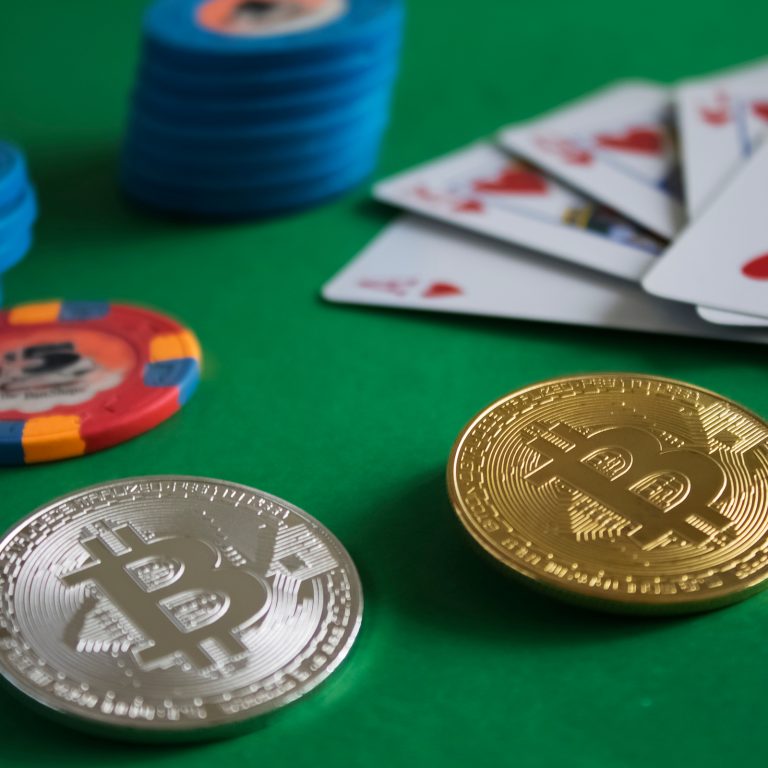Japanese Class Action Against Gambling Coin Claims $12m Damages
source: Bitcoin News
2018. Jul. 27. 06:15

Withcoin, a virtual currency reportedly designed for casinos, and listed on the Hitbtc exchange around May, is accused of selling coins using a promotional video propagating alleged lies and misleading information. In April 2018, a video promoting Withcoin went viral on the internet, inviting investors to purchase in advance a coin that was going to be listed on a crypto exchange in May, the message said.
Also read: The Daily: Exchange Operator Pleads Guilty, Scammer Fined Over $1.9 Million
“If You Buy It Today You Can Become a Millionaire”
The propaganda video was spread by an individual called Matsuyama. Matsuyama, also known on other sites as Koichi Matsuyama, enumerated attractive selling points for buyers, but it was later discovered that most of what he was saying was a lie, according to an overview explanation listed on the Enjin crowdfunding Class Action site. In a project called “Final ICO,” Matsuyama aimed at pre-selling a listed fixed coin that had the potential to increase its price a thousand times. The pre-sale allegedly started in January of 2018 with 1 Withcoin valued at 0.5 yen. However, it was reportedly only possible to purchase the coins by large chunks of 10 million yen. Buyers therefore seemingly purchased Withcoin in groups.
Matsuyama allegedly operated his business without disclosing any company name, and reportedly claimed having a career as a system engineer. He also made affirmations stating that Withcoin would be listed on Binance, then changed the exchange to Hitbtc. He also allegedly claimed in his project that the coin could be exchanged at Okada Manila, a casino in the Philippines, which denied any involvement with cryptocurrencies on its homepage.
Soon after the coin was listed on the crypto exchange, its price fell to about 1/10 of the ICO price, which made purchasers suffer large losses. Enjin explains on its class action page that the business was selling a cryptocurrency giving false information therefore, the sales contract being invalid, the victims can now claim a full refund in Japanese yen at the rate of the time when the coins were sold.
Coin Crashed to 1/20th Its Price
About two weeks after being listed, Withcoin crashed to 0.139 yen. Many investors were tricked and directed to a site after viewing a Youtube video that was inviting viewers to purchase the seemingly attractive coin. As of June, more than 420 victims gathered on the crowdfunding class action litigation project Enjin for reported damages of over 1.3 billion yen ($12m). The number of victims claiming to have been duped in the same case has grown ever since. The question now lies in whether Matsuyama was intentionally aiming at tricking investors, which is seemingly difficult to prove. However, testimonies show the Withcoin management team could be proven as having given false explanations to its clients. Youtube is also accused of expanding the damage by introducing Withcoin, according to FXinspect.com, a site that verifies and reviews information on commodity materials mainly sold on the internet.
“I will introduce a very attractive coin,” the man allegedly said, “you can buy it now for 3 yen, but after the coin will be listed, it will be valued at 5 yen. The price will never break […]” the man in the video promised. The investors who viewed the video where guided to a mail magazine online, where the actual trades were carried out.
Considering the lowest offering price as an opportunity, the manager behind Withcoin sold a massive amount of his coins, whose price later fell to 0.14 yen. If the value of the coin had risen from its initial 3 yen, it was theoretically possible to make an expected profit of about 20 times the price of the coin, FXinspect explains. WithCoin had existed since about the end of 2017 or February 2018, however publicity for it started on Youtube around March 2018, the site explaining the class action stated.
Its white paper says that Withcoin is a digital currency “specialized in casinos,” and mentions a casino in the Philippines, without naming any specific venue. “We will realize a digital-currency platform for anyone to easily participate in casinos,” the white paper boldly states.
Okada Manila hotel was unavailable for news.Bitcoin.com’s request for confirmation of whether WithCoin could be exchanged at its casino. However its homepage stated that Okada Manila does not offer or allow the use of bitcoin or other cryptocurrency in its casino or anywhere else in its property. “Okada Manila has never authorized or partnered with anyone regarding the use of bitcoin or other cryptocurrency. Any claim or report that Okada Manila is offering or allowing the use of bitcoin or other cryptocurrency is false, inaccurate and unauthorized,” the hotel homepage says.
A Digital Currency “Specialized in Casinos”
“Okada is well-known as a casino mogul in Japan and Asia, and using his name is clearly an attempt to add an air of legitimacy to an allegedly fraudulent scheme. It also ironically illustrates that for many cryptocurrency isn’t seen primarily as an investment, but more like a gamble,” Jake Adelstein, an investigative journalist and yakuza expert based in Tokyo told news.Bitcoin.com by email.
FXinspect said most videos and websites allegedly created by Withcoin were removed from the internet since the collapse of Withcoin.
What do you think of this class action case against Withcoin? Share your thoughts in the comments section below.
Images courtesy of Shutterstock, FXinspect.com, Enjinclassaction.com, Haji Bashi Coin.
Verify and track bitcoin cash transactions on our BCH Block Explorer, the best of its kind anywhere in the world. Also, keep up with your holdings, BCH and other coins, on our market charts at Satoshi’s Pulse, another original and free service from Bitcoin.com.
The post Japanese Class Action Against Gambling Coin Claims $12m Damages appeared first on Bitcoin News.





